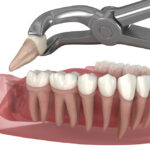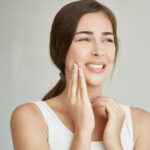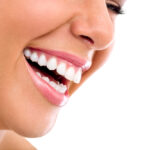The business of beauty is changing rapidly in the 21C. No longer is this overly glamorised industry hiding its real secrets out the back, where gloop is concocted and tested on innocent animals. Making cosmetics and skin creams is not a glamorous vocation. In the past, the ingredients going into these beauty products have included: animal fats, poisonous lead acetate, coal tar, parabens and other nasty chemicals. This is why the industry began testing their concoctions on animals. Thankfully, things are changing for the better, with more naturally good and organic substances entering the cosmetic menu of ingredients.
What’s Inside the Pot?
When looking at what today’s cosmetics contain, the good news is that regulations now demand that all ingredients are listed on the label. In Australia, we regulate the importation, manufacture and use of chemicals, via the National Industrial Chemicals Notification and Assessment Scheme (NICNAS). This means that every ingredients inside a cosmetic product must be tested and assessed prior to manufacture or importation into the country. The claims made by cosmetics are regulated by the Therapeutic Goods Administration (TGA). Personally, I think that this organisation could tighten up on the claims allowed to be made by anti-wrinkle creams and the like. The most prevalent ingredient within these products is water. This water is ultra-pure water. Emulsifiers make up the body of most products and these stop the cream or gel from separating. They bring oil and water together and are, often, polysorbates, laureth-4, and potassium cetyl sulfate. Preservatives are next on the list of common ingredients, as they prolong the shelf life of cosmetics. This is where parabens come in, or benzyl alcohol, salicylic acid, formaldehyde and tetrasodium EDTA. Preservative free beauty products will be free of these chemicals but will have a much shorter life span. Thickening agents give the goop textural appeal. There are naturally derived thickeners, lipid thickeners, mineral thickeners, and synthetic thickeners. Emollients help to prevent water loss and, therefore, soften the skin. They can be: beeswax, coconut oil, olive oil, lanolin, petrolatum, mineral oil, glycerine, zinc oxide, butyl stearate and diglycol laurate. Other stuff may be added for fragrance, glimmer and shine, and colouring agents, like pigments.
Australian Online Cruelty Free Retailer
Peruse this online example of a modern Australian internet retailer of cruelty free cosmetics and beauty products. This company is committed to only selling makeup and skin care products which have not been tested on animals and do not contain harmful chemicals.




